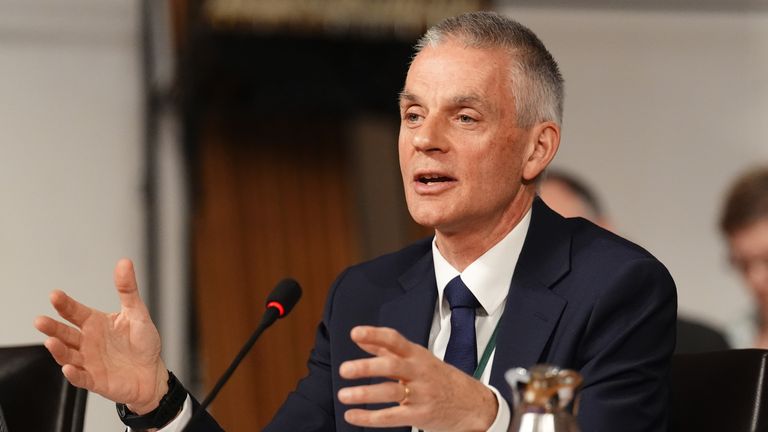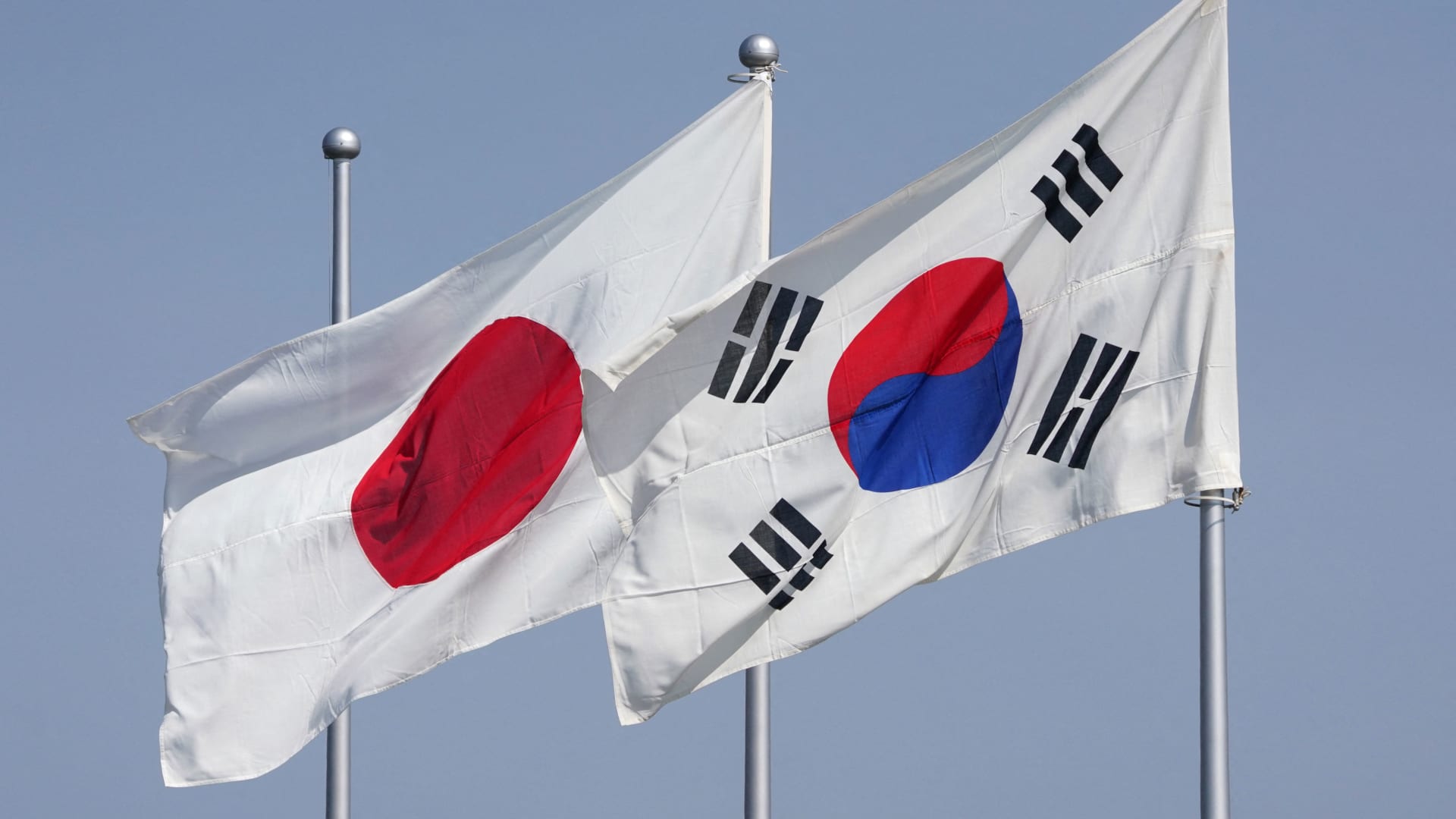The Biden administration yesterday released a $1.75 trillion Build Back Better Framework. Despite the cuts that were made to the original $3.5 trillion proposal, it still includes significant investments in clean energy policy. Here’s what’s still in there.
Investments in clean energy and fighting climate change include $320 billion for clean energy tax credits, $105 billion for resilience investments, $110 billion for clean energy technology, manufacturing, and supply chain investments and incentives, and $20 billion for clean energy procurement. So that’s a total of $555 billion.
After a whole lot of horse-trading in Washington (and it ain’t over til it’s over), the White House website stated, “President Biden is confident this is a framework that can pass both houses of Congress, and he looks forward to signing it into law.” (We at Electrek will believe it when we see it – and we want to see it.)
The White House website gives an overview of what will happen for clean energy if Congress passes the bill in the Framework:
Deliver substantial consumer rebates and ensure middle-class families save money as they shift to clean energy and electrification. The consumer rebates and credits included in the Build Back Better framework will save the average American family hundreds of dollars per year in energy costs. These measures include enhancement and expansion of existing home energy and efficiency tax credits, as well as the creation of a new, electrification-focused rebate program. The framework will cut the cost of installing rooftop solar for a home by around 30%, shortening the payback period by around 5 years… In addition, the framework will help rural communities tap into the clean energy opportunity through targeted grants and loans through the Department of Agriculture.
Ensure clean energy technology – from wind turbine blades to solar panels to electric cars – will be built in the United States with American made steel and other materials, creating hundreds of thousands of good jobs here at home. The Build Back Better legislation will target incentives to grow domestic supply chains in solar, wind, and other critical industries in communities on the frontlines of the energy transition. In addition, the framework will boost the competitiveness of existing industries, like steel, cement, and aluminum, through grants, loans, tax credits, and procurement to drive capital investment in the decarbonization and revitalization of American manufacturing.
Reactions to the Build Back Better Framework
Environment America’s Washington Legislative Office executive director Lisa Frank said:
The proposed Build Back Better Act would be a game-changer in tackling the climate crisis. It clears the way for our country to more easily tap abundant clean energy from the sun and wind and will usher in a decade of clean energy growth by making renewables less expensive for consumers and businesses. It’s a win-win for Americans and our environment. President Biden and the many, many members of Congress who advocated for clean energy can be very proud of this framework.
We urge Congress to move forward as soon as possible with both the Build Back Better Act and the bipartisan Infrastructure Investment and Jobs Act, which makes complementary investments in the power grid, clean air, clean water, and electric vehicle infrastructure.
Abigail Ross Hopper, president and CEO of the Solar Energy Industries Association (SEIA), said:
The Build Back Better framework contains the most ambitious and transformational clean energy policies we’ve ever seen from Congress. Climate action cannot wait and it’s time for lawmakers to pass policies that drive clean energy deployment. The plan, which allocates over 30% of the total price tag to climate and clean energy, is the right vehicle for lawmakers to act on.
Solar is a job-creator, and the long-term tax incentives for solar, storage and domestic manufacturing will put us on a path to decarbonize the electric grid, reach the President’s 2035 clean energy target, and create hundreds of thousands of quality career opportunities in every community. For the sake of our climate, the economy and American workers, the solar industry is urging Congress to come together and pass this momentous legislation as soon as possible.
But North America’s Building Trades Unions (NABTU) took a slightly difference stance. It wants Congress to quit messing around and pass this bill. NABTU president Sean McGarvey said:
We as union members and leaders know well that principled negotiations can be difficult but fruitful. We also know there comes a time to make a deal. The time for lip service is over. We are tired of politicians dialing for dollars and booking airtime on cable television instead of doing their job. Our members show up to work every day and produce. They expect elected officials to do the same.
Deferring the need to address our nation’s infrastructure crisis must stop. Using this bill, and the millions of working families it impacts, as bargaining chips must stop. Congress must return to Washington and pass this bill without further delay.
Read more: $12,500 electric vehicle incentive survives Biden’s updated ‘Build Back Better’ proposal
Subscribe to Electrek on YouTube for exclusive videos and subscribe to the podcast.



















